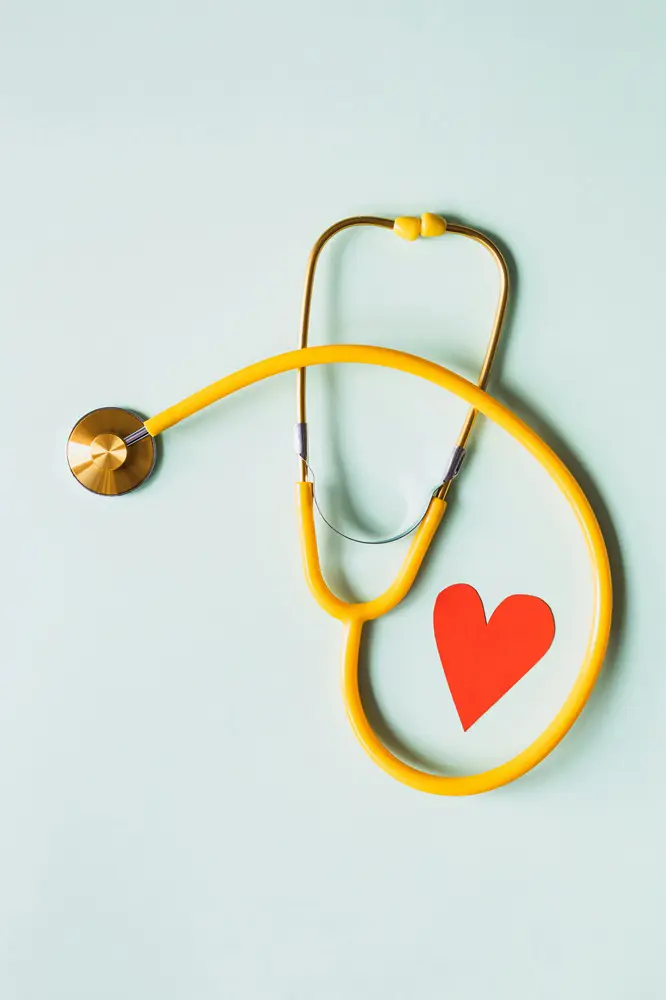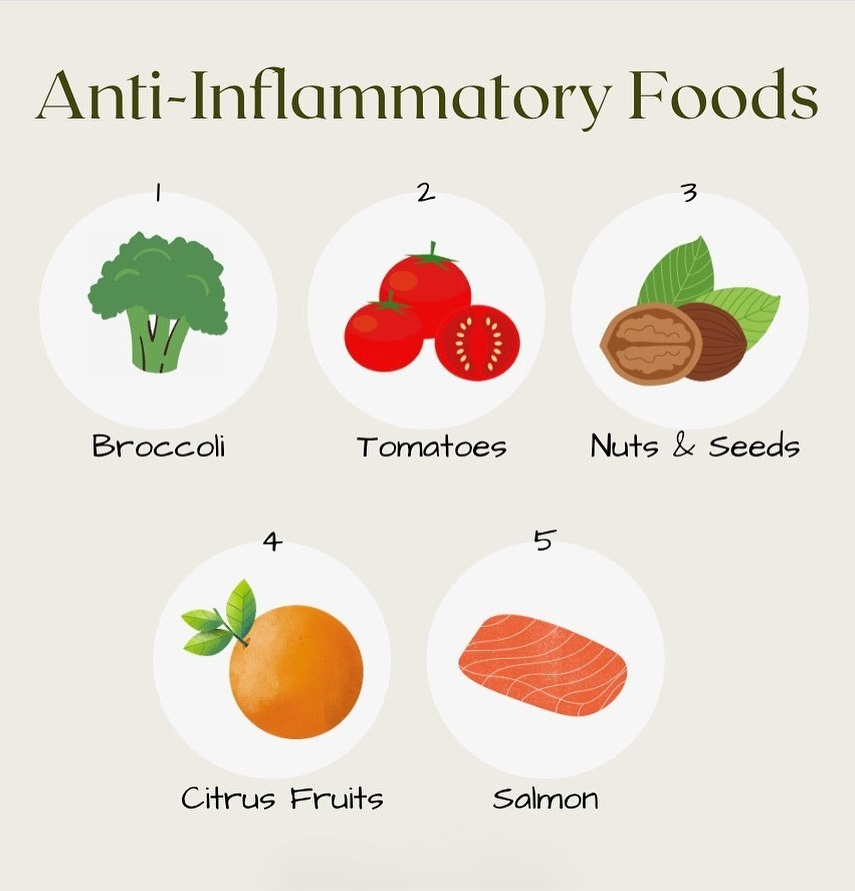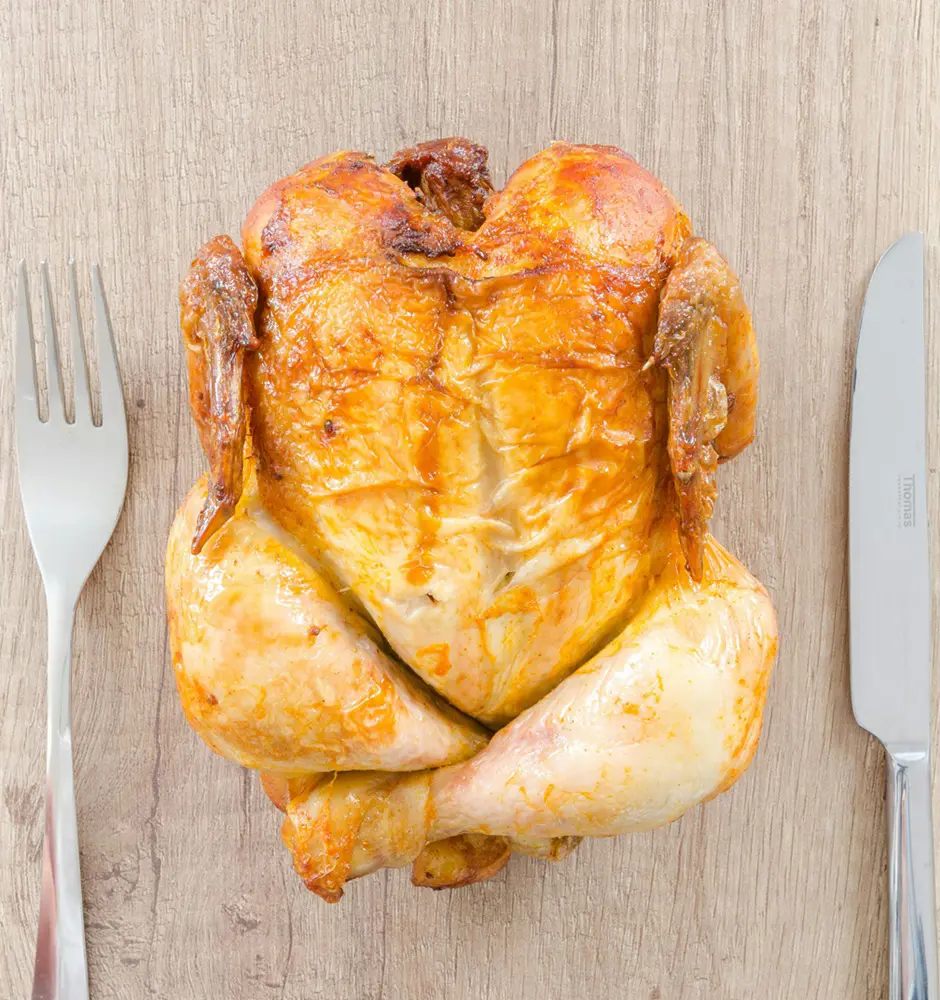Are Eggs Good For Weight Loss? Ways To Add

This post may contain affiliate links. If you make a purchase through links on our site, we may earn a commission.
Eggs are loaded with protein and vitamins and therefore, they can be part of your team to help you in losing weight. Consuming eggs in your meals will give you the desired fullness and your appetite will be put under check, thus easily maintaining a calorie deficit intake.
There are different ways of preparing eggs and consuming them including breakfast delicacies and salads. In this article, you will learn how eggs can be useful for losing weight and how one can include eggs into the diet.
How Eating Eggs Help You Lose Weight?

Eggs help promote weight loss in following ways:
Low In Calories
Reducing the number of calories in food is one of the simplest methods that can be used to shed some mass and this is where eggs will help. Large eggs have a caloric value of 70-80 Kcal per egg, thus they are a convenient addition to calorie-controlled diets.
Research has indicated that those who incorporate eggs in their breakfast lose more weight, than those who take high-carbohydrate foods at breakfast. For instance, one research revealed that individuals who consumed eggs reduced their body weight by 65 percent more than those on bagels with equal values of energy in eight weeks.
Higher Protein Content
Eggs, especially egg whites are rich in protein; one large egg holds between 6 to 7 grams of protein. Studies have found that adequate protein intake helps decrease appetite and hunger levels as opposed to foods that are low in protein. Also, eating a diet that contains many proteins may prevent the tendency to eat at night.
Besides promoting the feeling of satiety, egg whites benefit your health in numerous ways.
Rich In Nutrients
Without a doubt, eggs are regarded as one of the most rich sources of nutrients that can help in weight loss substantially. Some vitamins like D and B, for instance, have a connection with metabolism as they are involved in the conversion of food to energy thus helping in the burning of fats.
In addition, eggs have selenium that aids in the protection of cells and assists the thyroid, which is very important in metabolic rate regulation. Choline, which is a special nutrient also plays a crucial role in fat metabolism.
High Satiety Index
Eggs are also found to be high on the satiety index proving their ability to cause fullness. For instance, research undertaken to establish the effects of eating eggs in the morning has suggested that such an action enhances reduced levels of hunger as well as intake of fewer calories during the day.
Also, a study using overweight and obese adults demonstrated that the consumption of eggs and toast made subjects feel full for a longer period and reduced their intake of 180 kcal at lunch relative to subjects who had a cereal-based breakfast with a similar energy value.
Regulates Appetite Hormones
Eggs can affect the concentrations of one or another hormone that plays a significant role in determining the feeling of hunger or satiety. Ghrelin generally referred to as the “hunger hormone” is exclusively involved in increasing hunger. There was evidence that the content of eggs was able to cause a reduction in the concentration of ghrelin which in turn leads to decreased feelings of hunger.
Moreover, the study conducted has shown that a diet high in proteins such as eggs might help encourage the production of Peptide YY thus increasing the level of satiety and reducing later calorie consumption.
Stabilizes Blood Sugar Levels
It has been identified that through low-carb diets it is easier to manage type-II diabetic cases, meaning that there is a slow and steady production of insulin in the body. High insulin levels can lead to high-fat accumulation and hunger. Since eggs have a low carbohydrate content, people who eat eggs will have fewer carbohydrate fluctuations and a lower tendency to binge eat.
Fewer carbohydrates mean that there are no sudden energy slumps once experienced after the consumption of carbohydrate-rich foods. They also offer steady and highly sustained energy, unlike the case where you get a feeling of hunger soon after eating other foods.
Boosts Metabolism
The thermic effect of food is popularly known as the energy rate escalation that the body experiences after having taken a particular meal. Some findings indicate that foods that contain protein like eggs, demand more energy to be digested hence increasing the metabolism rate for some time. This helps you lose calories not only during exercise but even at rest.
How Many Calories Are There In An Egg?

Depending on the size of the egg and the style in which it is prepared, you may experience variation in its calorie content. Here's a breakdown:
Average Caloric Content By Egg Size (Whole, Raw, Fresh)
- Small Egg (38 grams): Approximately 54 calories
- Medium Egg (44 grams): Approximately 63 calories
- Large Egg (50 grams): Approximately 71 calories
- Extra-Large Egg (56 grams): Approximately 80 calories
- Jumbo Egg (63 grams): Approximately 90 calories
When To Eat Eggs?

Intake of eggs can help in weight loss and how it is taken may also determine its impact.
Many nutritionists suggest taking eggs in the morning as a meal. In one research undertaken in 2013, adult male participants who had eggs for breakfast needed a small portion of lunch and were reportedly more satisfied, as compared to the guys who took carbohydrate foods in the morning.
Another study, which was carried out in 2005, sought to compare the impact of consuming an egg-based breakfast against a bagel-based breakfast in overweight female subjects. Although the calorie equivalents were the same for both breakfast meals, egg-eating participants reported feeling less hungry later in the day.
Due to their rich protein content, eggs are useful to be taken after workouts since they aid in muscle tissue repair and make you full. Taking them after workouts will also aid in appetite suppression, thereby reducing the chances of going on a binge eating spree in the afternoon.
What Is The Best Way To Eat Eggs For Weight Loss?

Eggs are easy to prepare in forms such as boiled, scrambled, poached, fried, baked, made into an omelet, and so on.
Here are some of the best ways to eat eggs for weight loss:
Cooking Methods
Boiling or Poaching: These methods are very helpful when it comes to weight loss because they do not contain extra fats and calories.
Scrambling With Care: For scrambled eggs, you can use small amounts of their healthy counterparts like olive or coconut oil as opposed to butter which will increase the calories.
Pairing With Vegetables
Adding vegetables to eggs will aid in increasing portion sizes as well as the overall fiber content of the food to help one feel satiated. It is advised that one could consider adding spinach, tomatoes, or mushrooms to your next meal.
Avoiding Common Mistakes
Don't Discard the Yolk: The yolk is rich in nutrients and good fats. It contains cholesterol but does not have the same effect on cholesterol as what the trans fats have.
Avoid Overcooking: Similarly, overcooking eggs through grilling or boiling for a longer time is not advisable as it lessens the nutrients found in the food and forms nasty substances. By going for a shorter cooking time at a low temperature, the food gets more time for tenderization.
Besides eggs, you can also opt for other healthy foods to support your weight loss journey.
How Many Eggs Should You Eat Per Day?

Consuming one egg daily has been deemed to be safe for most people. This amount enables the human body to get a critical source of protein and other nutrients without accumulating extra calories. Much scientific research shows that this daily consumption does not pose a threat to the cholesterol level of normal, non-symptomatic people.
Generally, the recommendation for healthy adults is to eat up to six eggs per week.
Bodybuilders can typically go for 4 to 6 eggs daily, depending on their overall diet and specific fitness goals.
Limitations
While eggs can be a beneficial part of a weight loss diet, they do have some limitations and considerations that should be kept in mind:
Cholesterol Concerns
Eggs contain dietary cholesterol. This could be a problem for people with heart problems or high cholesterol levels in their body. While the current research points to the fact that dietary cholesterol may not necessarily affect blood cholesterol in most people, those in such risk groups still ought to avoid whole eggs.
Caloric Intake and Diet Balance
On one hand, eggs can make one’s spirit level up, but on the other hand, consuming eggs frequently devoid of other foods would not be healthy and detrimental to one’s health.
Health Benefits Of Eggs

Supports Heart Health
The omega-3 fatty acids in eggs which are equally important for the heart lower the level of triglycerides and inflammation in the body and thus the chances of getting heart disease would be eliminated. Others, for instance, vitamin D and B12 effectively lower blood pressure and promote healthy red blood cells and nerves hence enhancing the cardiovascular structure.
Promotes Eye Health
Lutein and zeaxanthin help filter powerful blue light and reduce oxidative stress on the retina which in turn possibly causes macular degeneration and cataracts. Several studies show that a consistent consumption of eggs raises the serum levels of these carotenoids, thereby boosting their ability to shield the eyes.
Besides carotenoids, raw eggs also contain other vital nutrients such as Vitamin A and Vitamin D – both nutrients are vital in promoting good vision among people. Moreover, fat-soluble nutrients are more optimally absorbed via the fat content present in the yolk and therefore eggs are beneficial foods for maintaining eye health.
Improves Skin Health

The egg yolk contains healthy fats that help prevent dryness making them suitable for people with dry skin or skin that is flaky. Moreover, the amounts of albumin included in the white of an egg can help to avoid clogging, thereby helping to minimize the chances of developing facial and other skin problems such as acne.
In addition, protein which is important in the synthesis of collagen assists in skin tightness and elasticity.
Reduces The Risk Of Cancer
Choline plays a significant role in the proper functioning of the liver and has been linked to reduced cases of breast cancer among women. Besides, this compound has a critical function in all cells and may be involved in controlling inflammation, which may slow down the development of cancer. Also, lutein and zeaxanthin assist in guarding against oxidative damage in the body which has an influence on the advancement of cancer in the body.
Helps Strengthen The Bones

Being natural food products containing a lot of vitamins and minerals such as vitamin D, calcium and protein, eggs can work wonders towards the strengthening of the bones. Vitamin D assists in the absorption of calcium and phosphorus and therefore is critical to bone and teeth health.
A large egg contains approximately 28 mg of calcium, which is essential in building bone and effectively preventing osteoporosis or fractures. Moreover, the protein that is found in eggs is important in the synthesis of collagen which is a major structural component of the bone. It plays a role in bone health and is supportive of the repair processes needed for bones.
Good For Pregnant Women
Eggs can be good for pregnant women primarily because of their nutritional value when taken correctly. They have protein content which is very useful to the body during the growth and development of the fetus.
Apart from that, choline, necessary for brain formation also aids in prohibiting neural tube complications in the developing baby in addition to improved memory and brain function.
Boosts Immune System
Eggs contain vitamin A which is important in the development of immunity cells that aid the body in increased ability to fight diseases. As well as vitamin B12 within the eggs is important for the synthesis of red blood cells, the formation of DNA and the efficiency of the nervous system.
Furthermore, the best natural sources of choline include eggs which play a vital role in the manufacture of neurotransmitters that can alter immune responses. Additionally, compounds such as lutein and zeaxanthin fight oxidative stress in the body improving immune function as well as reducing inflammation.
Promotes Hair Growth

Protein is beneficial for hair since it strengthens hair and helps prevent breakage, leading to healthy hair. Also, eggs have biotin, a B vitamin that is essential to hair growth and can make hair healthier. Therefore, eggs should be included in your diet because biotin deficiency causes hair to become thin and start falling out. Moreover, the healthy fat found in the yolk helps moisturize the hair and scalp.
Enhances Brain Function
Studies have shown that lack of choline leads to neurological disorders and reduced brain performance. It also poses potential risks of developing dementia and Alzheimer’s disease. Regular intake of eggs could therefore assist us in maintaining choline levels in the normal range and the brain well safeguarded.
Furthermore, omega-3 fatty acids promote the survival and repair of brain cells as well as help in cognitive functioning. The B vitamins and antioxidants will also help to enhance brain function since they will assist in preserving the neurons and the general health of the brain concerning aging.
Recent posts
Lifestyle
Lifestyle
20 Best Foods For Inflammation + What To Avoid
Inflammation is an essential response that the body utilizes in the defense mechanisms against both harm and pathogens; however, if it becomes chronic, it becomes a real issue. Luckily, there are foods out there that are good for this process, more ...
Lifestyle
Nutritional Yeast Benefits, Nutrition and Uses
Often called "nooch", nutritional yeast is a deactivated form of yeast. It is often used to make vegan and dairy-free items. Various studies show that nutritional yeast possesses a range of health benefits. The mineral, vitamin, and antioxidant...
Lifestyle
Is Oatmeal Good For Weight Loss? Facts and Myths
Oatmeal has been a reputed healthy breakfast food for ages. It is derived from oats, a whole grain known for its compact nutrient profile and wide range of health benefits. Oatmeal, mostly rich in fiber, is also popular in weight loss diets. If...
Lifestyle
12 Dark Chocolate Benefits and Nutrition
Dark chocolate, a delightful treat for many is also packed with numerous health advantages. It is a nutritional powerhouse in addition to being a pleasant treat due to its rich velvety taste and remarkable collection of antioxidants. This delicious t...
Lifestyle
Is Chicken Good For Weight Loss? Ways To Eat It
When losing weight, the search for both healthy and filling foods is paramount, and chicken is usually among the best options. In addition to being rich in essential nutrients that play crucial roles in muscle management and overall body healt...
Lifestyle
Is Apple Cider Vinegar Good For Weight Loss? How To Use
Shedding those extra pounds is a tough task for all. And for individuals in this journey, looking for trends that have gained significant traction is not a new thing. One such trend that has caught the attention of many is the use of apple cider vine...





